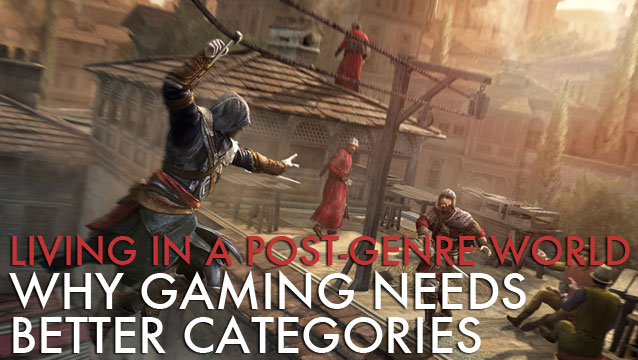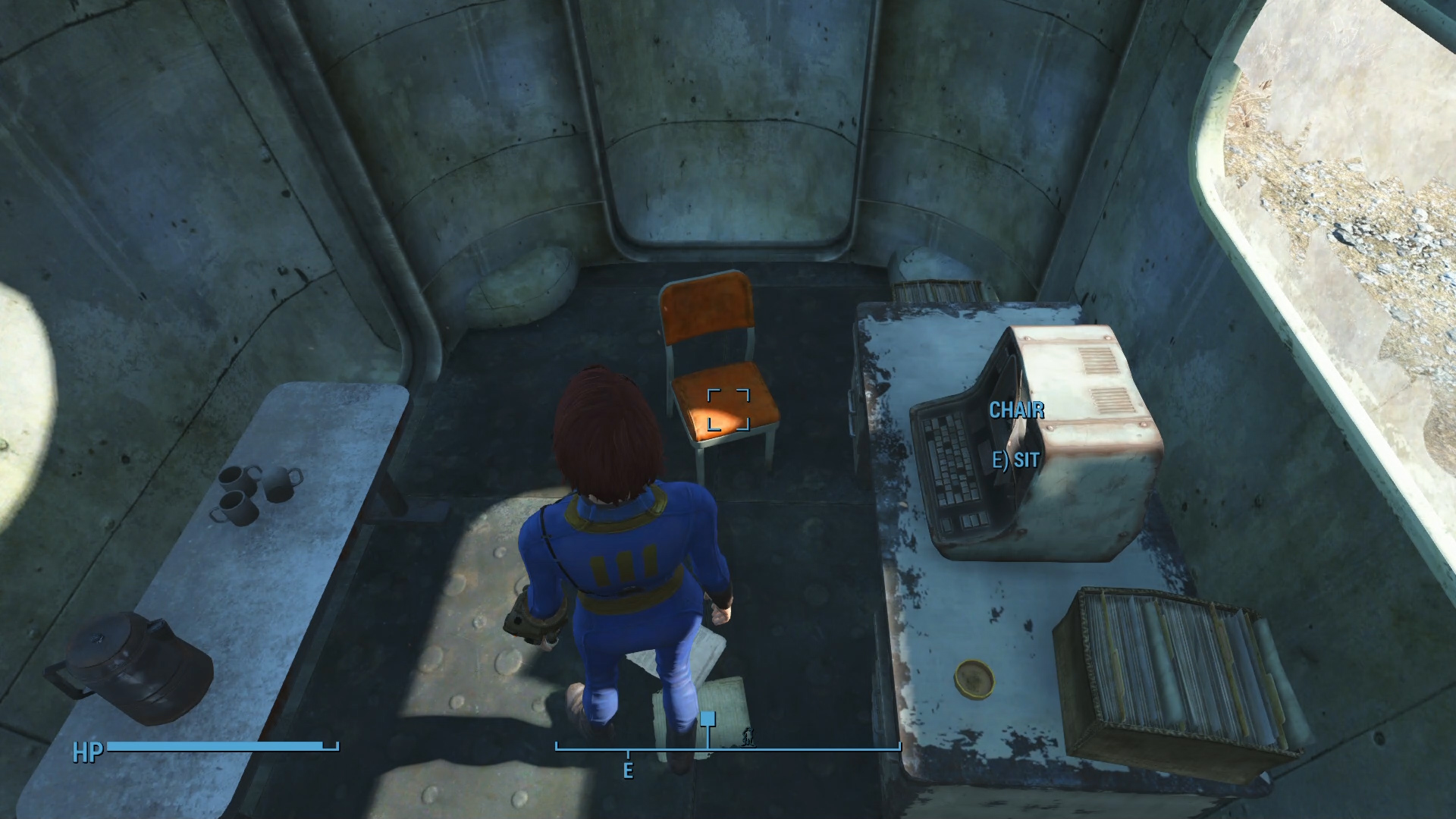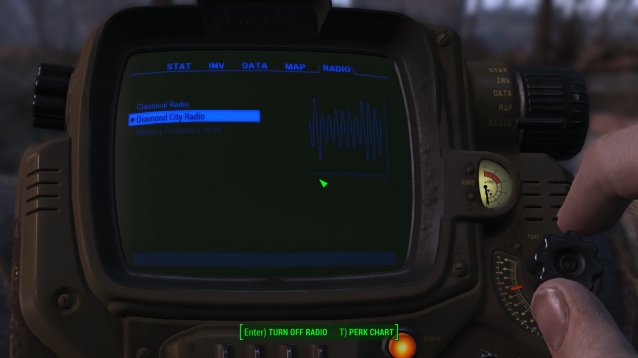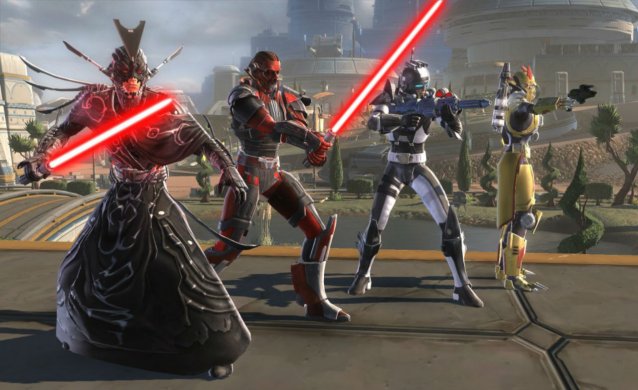


Gaming needs better categories. The “genres” that gaming is cut up into no longer work. The definitions of those genres are old, and gaming is too active, too dynamic a medium to keep these categories up for too long.
Just take the horrible catch-all “genre” of Action-Adventure. It’s anything. GTA III is an action adventure. The Legend of Zelda is an Action-Adventure. Assassin’s Creed is one, as is Prince of Persia. It’s the worst gaming ‘genre’ there is. It says nothing about the games classified as such, other than that there is action, and adventuring. As opposed to classical adventure games, which have only adventure. And action games, which have only action? What is an action game? Everything that is not turn based?
They usually don’t describe what the game is about, but how the game is played and what mechanics can—possibly—be expected.The other catch-all genre of late is the RPG, or roleplaying game. Some Action-Adventures might be considered Roleplaying Games. And vice versa, depending on whom you ask. The criteria for what makes a Roleplaying Game are a little less wobbly than those for Action Adventures, but considering that Diablo, Final Fantasy XIII and Vampire - The Masquerade: Bloodlines are all considered Roleplaying Games should illustrate why that ‘genre’ is a bit tough to nail down and borderline nonsensical. Games(tm) magazine even features Heavy Rain in their “Best RPG” section. Which is fine by me, since well, it’s certainly not an action adventure. Or is it?
The problem with the “genres” is that they are pretty bad categories to begin with. They’re less genres and more simply broad categories. They usually don’t describe what the game is about, but how the game is played and what mechanics can—possibly—be expected. Videogame genres don’t work as in “genre piece”. They are mechanical in nature, not offering a thematic description.
Some of these descriptors work better than others. Strategy games usually can be pretty accurately described. Turn based, real time, management. There may be some deviants on the side which combine and mix up elements, but the spread of entirely different experiences is rather low in this category.
There used to be a time when there was no horror genre, at which time Resident Evil was an Action Adventure.But I’m not setting out to prove or disprove piece by piece the legitimacy of all the different labels attached to games. We are living in a perpetually post-structuralist world. These categories have long since started losing their clarity, potency and overall meaning. What is a Roleplaying Game? Can a first person shooter be a roleplaying game? Is STALKER a shooter? An RPG? An Action Adventure? I can find arguments for all. Who does it help to categorize games in this fashion? Does it help me to say “I play a lot of action adventures”? There used to be a time when Stealth Game wasn’t a genre, when Splinter Cell was an Action Adventure. There used to be a time when there was no horror genre, at which time Resident Evil was an Action Adventure.
But the answer can’t be to invent ever new sub-categories for a small - and sometimes growing - number of games. Looking at the last Spike VGAs, the last Golden Joystick awards, there indeed is need to fix this, or for ignoring genre altogether and come up with more meaningful awards (and preferably with a show that’s less heavy on the fremdschaemen for the entirety of games and people who make and play them).
Abandoning ‘genre’ might be a good way to deal with things. As far as game reviews by the way of product informercialism go, instead of genres I find it preferable to just draw comparisons to similar games. Of course sometimes there are games that have no equals, which is fine, since in that case maybe even a ‘genre’ categorization wouldn’t help much. Portal is Portal, a first person puzzle game. It may be categorized as Action-Adventure by narrow minded people and is quite unlike anything. At least it was the time it arrived.




 How to do all the Most Wanted Missions in Batman Arkham Knight Part 6
How to do all the Most Wanted Missions in Batman Arkham Knight Part 6 Assassin's Creed Unity Outfits Guide: How To Unlock Altair, Ezio, And Other Assassin's Outfits For Arno
Assassin's Creed Unity Outfits Guide: How To Unlock Altair, Ezio, And Other Assassin's Outfits For Arno Star Wars: The Gay Unleashed! (In Small Quantities)
Star Wars: The Gay Unleashed! (In Small Quantities) The Walking Dead — Episode One: A New Day Walkthrough
The Walking Dead — Episode One: A New Day Walkthrough PS4 Role Playing Games List
PS4 Role Playing Games List